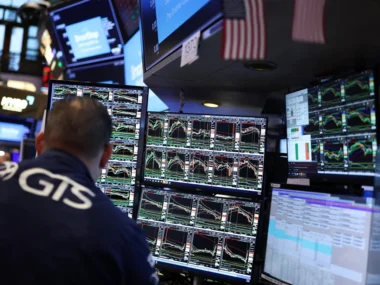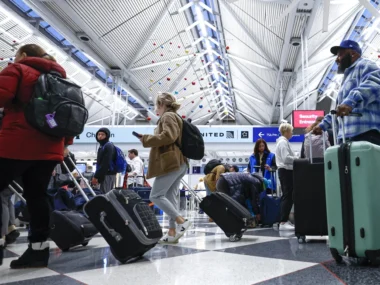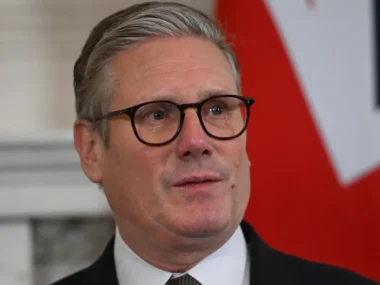According to the latest outlook from the Congressional Budget Office (CBO), the federal budget deficit is anticipated to surge from $1.6 trillion this fiscal year to $2.6 trillion by fiscal year 2034. One significant factor contributing to this widening deficit is the projected increase in net interest payments on the federal debt due to higher interest rates. These interest costs are expected to exceed discretionary spending for both defense and nondefense activities by 2034, reaching about 1.5 times the amount for each category.
Additionally, the aging population and growth in federal healthcare costs are expected to drive greater spending on Social Security and Medicare, further exacerbating the deficit. Looking at the deficit as a percentage of the economy, projections indicate gaps over the next decade that are approximately 50% larger than the historical average over the past five decades. The nation’s debt held by the public is forecasted to climb to a record 116% of the economy by 2034.
The CBO’s deficit projection is likely to increase pressure on congressional lawmakers, who are currently grappling with funding for federal agencies in fiscal year 2024. While House GOP lawmakers advocate for spending cuts to narrow the deficit, divisions in Congress have led to the passage of three short-term funding bills to prevent government shutdowns.
The nation’s fiscal trajectory also hinges on how Congress addresses the individual income tax provisions of the 2017 Tax Cuts and Jobs Act, set to expire at the end of 2025. The CBO assumes these tax breaks will expire, generating additional revenue for the federal government, but lawmakers are expected to consider extending some of them.
Despite the grim fiscal outlook, there are some positive notes in the report. The projected cumulative deficit for the 2024 to 2033 period is now $1.4 trillion smaller than previously estimated, partly due to reductions in discretionary spending resulting from last year’s debt ceiling deal and short-term funding bills. Additionally, the CBO anticipates stronger economic growth over the next decade, partially driven by increased labor force participation.
Budget experts emphasize the urgency for Congress to address the nation’s deteriorating fiscal situation. They warn that policymakers have neglected necessary measures to offset spending increases and tax cuts, leading to rapid growth in major health and retirement programs. House Republicans have initiated the setup of a bipartisan fiscal commission to tackle these challenges, although some Democrats and advocates express concerns that this could lead to cuts in Social Security and Medicare benefits.











